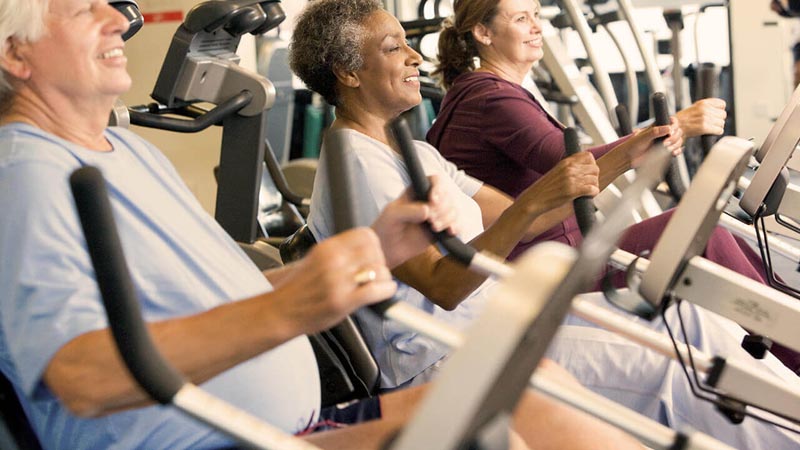Bone Densitometry
Bone Densitometry
Bone densitometry, or DEXA (dual-energy X-ray absorptiometry), is a simple, non-invasive X-ray procedure that is used to measure bone mineral density. The results may help you reduce your risk of developing bone loss, osteoporosis or a fracture. The procedure is painless and radiation exposure is minimal.
When is a bone density scan recommended?
A bone density scan is recommended if you:
- Are a post-menopausal woman and are not taking hormone replacement therapy
- Have a history of smoking
- Have experienced bone loss or bone trauma
- Have a family history of osteoporosis, fracture(s), hyperthyroidism and other related clinical conditions such as diabetes, liver or kidney disease
- Use certain medications known to contribute to bone loss as a side effect, such as corticosteroids, prednisone, some barbiturates or thyroid replacement medication
How is a DEXA scan performed?
You will be asked to lie on the examination table for a short time while the arm of the machine passes over your body taking measurements. It will be important that you stay as still as possible during the procedure to ensure a clear, useful image.
One of our board-certified subspecialty radiologists will interpret the results of your DEXA scan and provide a report for the physician who made the referral for the exam. DEXA reports are given with two scores—a "T" score and a "Z" score.
- "T" score indicates the amount of bone you have when compared with a young adult of the same gender with a peak bone mass. A score above -1 is considered normal. A score between -1 and -2.5 is classified as osteopenia, the first stage of bone loss. A score below -2.5 is defined as osteoporosis, and is used to estimate your risk of developing a fracture.
- "Z" score indicates the amount of bone you have when compared to other people in your age group and of the same size and gender. If it is unusually high or low, it may indicate a need for further medical tests.
How do I prepare for a DEXA scan?
There are little or no preparations for a DEXA scan. You should eat as you normally do; however, it is recommended that you do not take any calcium supplements 24 hours prior to the exam.
You may have to wait seven days before undergoing a DEXA test if you have had another diagnostic study that required the use of a contrast agent (such as a barium enema, an upper/lower GI series esophagram) or have been injected with a contrast material for a computer tomography (CT) scan, a radioisotope scan for a bone or PET/CT scan.
As with all radiological procedures, please inform the technologist if there is any chance you are pregnant.





